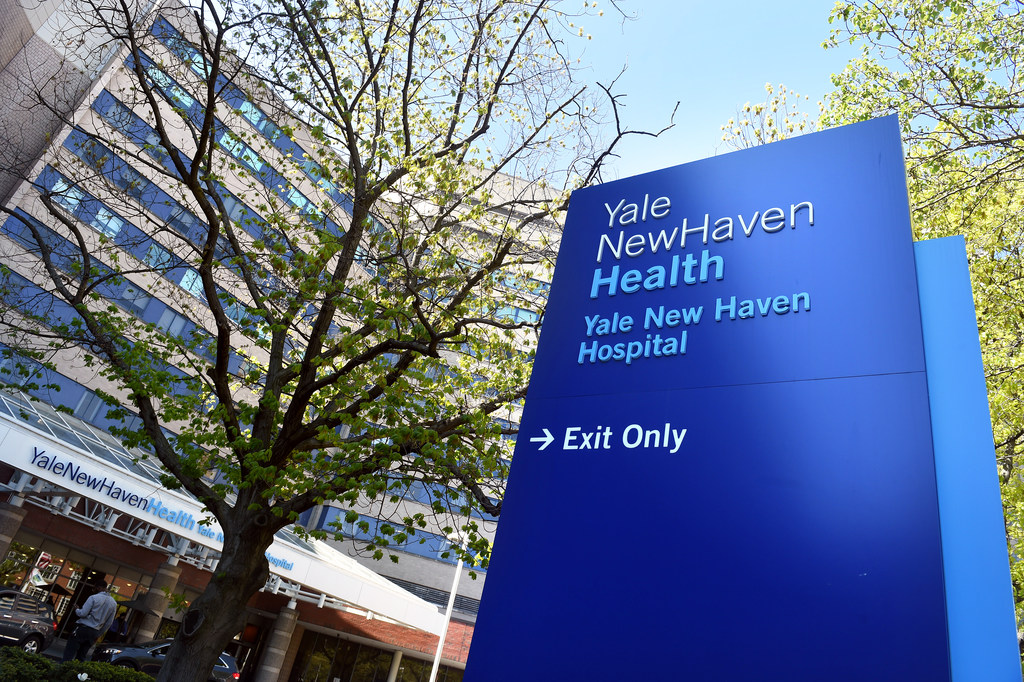Infection
Yale Center for Infectious Diseases opens with a mission to provide equitable, accessible care
NEW HAVEN — The Yale Center for Infectious Diseases opened Monday on Orchard Street, centralizing two preexisting infectious disease centers to provide clinical services, including comprehensive general infectious diseases consultation, comprehensive HIV primary care and prevention, transplant infectious disease care, and a Long COVID program, officials said.
Director Dr. Lydia Barakat said the new center, several years in the making, brings “under one roof” the outdated Haelen Infectious Disease Center and Nathan Smith Clinic and welcomes all patients.
“It’s important for the patient to feel they are in a place where there is no stigma, no issues related to their diagnosis, their sexual or gender identity or their insurance or educational status,” she said. “Everybody will be treated the same, and we provide premium care in the center.”
Accessibility was at the forefront of planning for the center, which is housed in a historic building at 200 Orchard St. Barakat said one condition before they agreed to the nearly 10,000 square-foot space was that it was on public transportation lines. The center offers free parking for patients.
The center features 12 exam rooms, four consultation rooms, two negative-pressure rooms, as well as several pods or “touch-down spaces” for providers, Barakat said. In addition, the center includes a large waiting area, a conference room and administrative offices.
Barakat said Yale is the largest provider of HIV care and prevention in the state, serving roughly 1,500 people with HIV and 300 on PrEP, medication taken to prevent HIV. The center also provides treatment for tick-borne illnesses and bone and joint infections, care for patients with other infectious diseases and care for transplant patients. The center collaborates with other neighboring clinics.
Officials expect more than 12,000 annual visits to rise to 25,000 a year, serving patients not only in New Haven but from all over the state and beyond.
Erol Fikrig, chief of the infectious diseases division of Yale School of Medicine Internal Medicine and a Yale professor of medicine, said infectious disease care previously took place at multiple locations, but now it will be just one.
“This means that everybody will be treated equally, that anybody can go to our clinic, and their privacy will be respected and cared for, and we’ll be able to provide optimal care for as many people in an ideal setting with easy public access,” he said.




